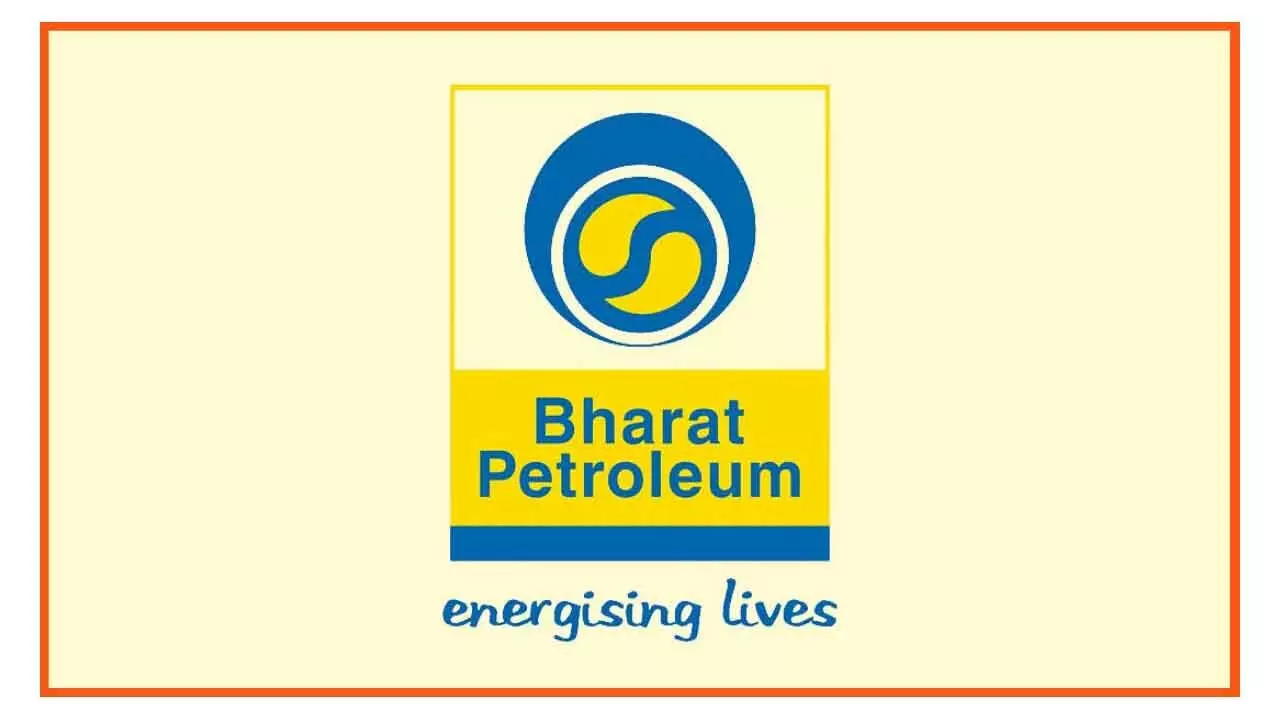BPCL's Impressive Boost To Circular Economy Activities
BPCL's Impressive Boost To Circular Economy Activities

It’s catch ém young, grow them old! A Fortune Global 500 company and second largest Indian oil marketing company, Bharat Petroleum (BPCL) is rolling out what is christened as ‘Project Greening Classrooms’, coinciding with the World Environment Day. The initiative, part of its corporate social responsibility drive, not only promises to lead to the installation of 1,400 benches crafted from recycled plastic, but also talks of seamlessly blending sustainability, education, and community engagement into a powerful model. Significantly, BPCL has a strong focus on sustainable solutions. The company is developing an ecosystem and a road-map to become a Net Zero Energy Company by 2040, in Scope 1 and Scope 2 emissions. Bharat Petroleum has been partnering communities by supporting several initiatives connected primarily in the areas of education, water conservation, skill development, health, community development, capacity building and employee volunteering.
Beyond mere infrastructure enhancement, the newest initiative (‘Project Greening Classrooms’) emphasises integrating plastic waste management and environmental education with students and faculty participating in interactive sessions, raising awareness about plastic waste, source segregation, collection campaigns, and the recycling process, transforming these schools into centers of sustainability knowledge. As a starter, ‘Project Greening Classrooms’ will be impacting 70 government schools in the ‘Aspirational District’ of Shravasti, Uttar Pradesh.
A standout component of the initiative is the appointment of 15 student ambassadors from each school as BPCL Blue Nudge Ambassadors. These student leaders have already received specialized Information, Education, and Communication (IEC) training through online modules, empowering them to serve as change agents within their schools and communities. To symbolize their dedication, they were gifted T-shirts made from recycled plastic, embodying the project’s principles in action. This project has been executed with technical assistance from Delhi Research Implementation and Innovation (DRIIV).
Quite significantly, the Shravasti model exemplifies a scalable and replicable approach to addressing environmental issues by uniting corporates, government schools, and local communities to enrich the learning ecosystem.
One has to keep in mind that all these are happening quite in line with this year’s global theme, “Beat Plastic Pollution”. BPCL has already adopted innovative circular economy practices throughout its operations. This includes utilizing post-consumer recycled plastics in lubricant containers and funding the installation of over 1,400 benches made from recycled plastic in government schools through its CSR initiatives. Furthermore, BPCL is committed to fostering green innovation by broadening its renewable energy portfolio, investing in green hydrogen and biofuels, and enhancing energy efficiency in its refineries. These initiatives highlight BPCL’s commitment to minimizing its plastic footprint, preserving natural resources, and making a significant contribution to a cleaner, greener planet. What has been started at Shravasti, Uttar Pradesh should not stop there, at that and with one company. Addressing plastic pollution and promoting environmental sustainability should be everyone’s concern and top priority, not just for one day, but round the year, to make this world more liveable.

